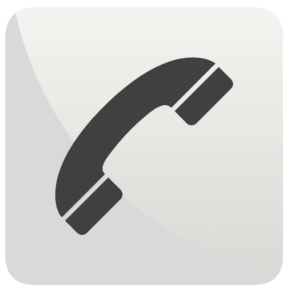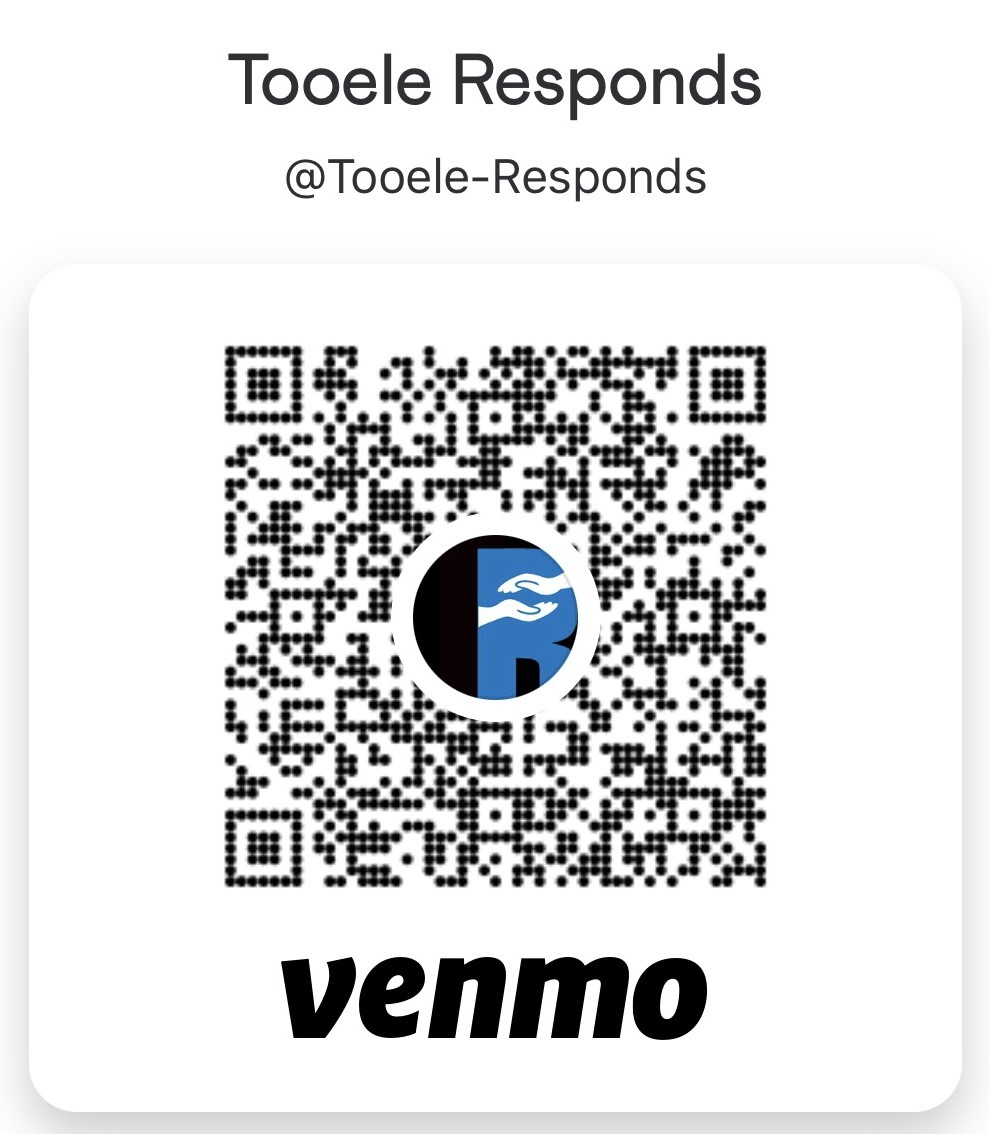Power Outages

Utility Failures
Power Outage
Home Electrical Circuits
➤ Familiarize yourself with the location of the electrical breaker panel
➤ Turn off breakers for areas of concern
➤ If in doubt, shut off main breakers. Check your house electrical meter. If it is on your home, there may be a main disconnect breaker next to it. If the meter is on an underground service, it may be in front of your home, but there should be a main breaker where the line enters the home
➤ Be sure to show others in the family where the breakers are located, in case of an emergency or in case of basement flooding:
1. Think before stepping in any water. A shock hazard may exist even in an inch of water.
2. If the electrical panel is upstairs, shut off all circuits.
3. If the electrical panel is in the basement, determine whether it can be reached on DRY ground. If not, shut off the main breaker.
Before a Power Outage
➤ Know the Rocky Mountain Power outage number: 877-548-3768
➤ Learn location of fuse box or circuit breaker
➤ Have a corded, non-electrical phone in the residence
➤ Store candles, flashlights, and extra batteries in convenient places
➤ Have food and water supplies on hand
➤ Know the locations of all camping equipment: stove, lantern, and sleeping bags. Make sure equipment is operational and that you know how to use it. Use camping equipment requiring gasoline, propane, Coleman fuel, or charcoal briquettes outside only.
➤ Keep refrigerator well defrosted
➤ Have battery backups for essential equipment such as oxygen generators and medical equipment
During the Power Outage
➤ Unplug all your appliances and electronic equipment. A power surge could ruin appliances when power is restored
➤ Turn off all, but one light switch
➤ Open refrigerator door only to take food out, close as quickly as possible
➤ Use camping cooking equipment outside, six feet away from everything
➤ Use only a fireplace, properly installed wood stove, or a new-style kerosene heater in a safe area with fresh outside air coming into the area
➤ Report any downed lines
➤ Do not allow children to carry lanterns, candles, or fuel
➤ Do not run water unnecessarily. Well pumps may not be operating.
After the Power Outage
➤ When power is restored, plug in appliances one by one, waiting a few minutes between each one. This will prevent overloading the system
➤ Be patient. Energy may first be restored to police and fire departments and hospitals
➤ Examine your frozen food. If it still contains ice crystals, it may be refrozen. If meat is off-color or has an odd odor, throw it away. One way to check if your freezer has been thawed is to freeze a bottle with water in it on the side then turn it the right way after it has frozen. If it has stayed frozen enough it will stay in its frozen position, if not it will melt to the bottom.
Communications (telephone, cellular, fiber optic) Failure

When an emergency occurs, the need to communicate is immediate. If business operations are disrupted, customers will want to know how they will be impacted. Regulators may need to be notified and local government officials will want to know what is going on in their community. Families, neighbors, and co-workers will be concerned and want information. Neighbors living near an incident may need information—especially if they are threatened by the incident. All of these “audiences” will want information all at the same time, thus disrupting the communication systems.
Also during a disaster communication systems, or fiber optic lines may become damaged, therefore lines for communication will not be able to be used. It is important to recognize different types of communication and avenues of communication.
Prepare your family by having a communication plan and taking advantage of many different back up types of communication for use with your family, neighborhood, and community. Learn different ways that you will be able to get information. Talk with neighbors and develop a neighborhood communication plan that you may be able to get help or to give help.
Other Important Tips for Communicating in Disasters
-
-
- Text is best when using a mobile phone, but if you make a phone call, keep it brief and convey only vital information to emergency personnel and/or family or household members. This will minimize network congestion, free up space on the network for emergency communications, and conserve battery power. Wait 10 seconds before redialing a number. If you redial too quickly, the data from the handset to the cell sites do not have enough time to clear before you’ve re-sent the same data. This contributes to a clogged network.
- Conserve your mobile phone battery by reducing the brightness of your screen, placing your phone in airplane mode, and closing apps you do not need. Limit watching videos and playing video games to help reduce network congestion.
- Keep charged batteries, a car phone charger, and a solar charger available for backup power for your mobile phone, teletypewriters (TTYs), amplified phones, and caption phones. If you charge your phone in your car, be sure the car is in a well-ventilated area (e.g., not in a closed garage) to avoid life-threatening carbon monoxide poisoning.
- Maintain a household landline and analog phone (with battery backup if it has a cordless receiver) that can be used when mobile phone service is unavailable. Those who are Deaf or hard of hearing, or who have speech disabilities and use devices and services that depend on digital technology (e.g., VRS, Internet Protocol [IP] Relay, or captioning) should have an analog phone (e.g., TTY, amplified phone, or caption phone) with battery backup in case Internet or mobile service is down.
- Use the Internet to communicate by email, Twitter, Facebook, and other social media networks. These communication channels allow you to share information quickly with a widespread audience or to find out if loved ones are OK. The Internet can also be used for telephone calls through Voice-over Internet Protocol
-

